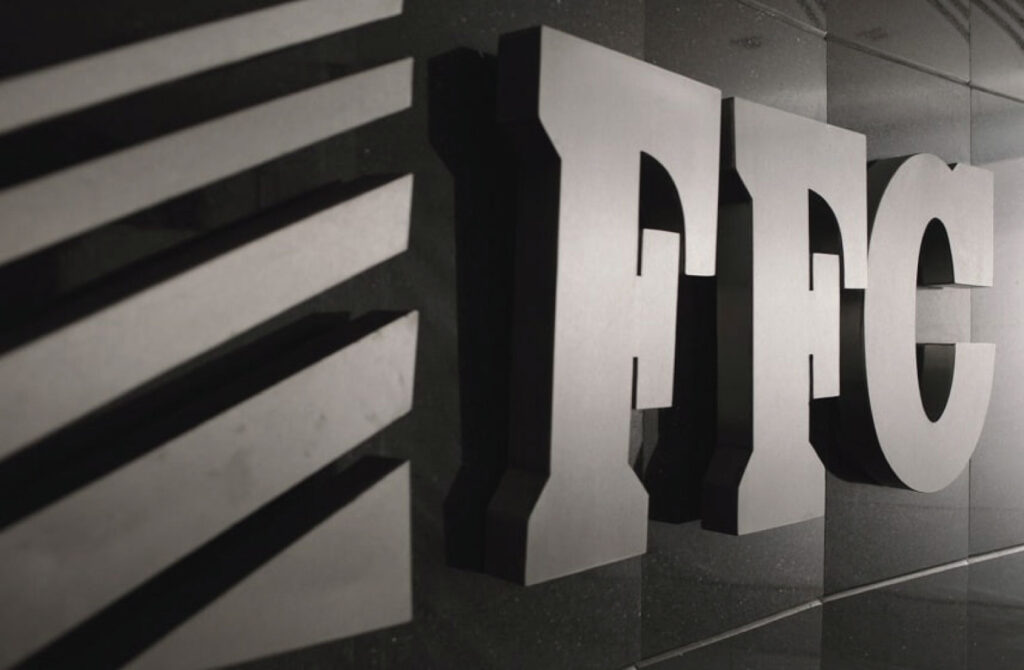Fauji Fertilizer Company Limited (FFC) has released its financial results for the year ending December 31, 2023 (CY23), revealing an unconsolidated profit after tax (PAT) of Rs. 29.67 billion. This marks a 48 percent increase compared to Rs. 20 billion in the same period last year (SPLY).
The company also declared a final cash dividend of Rs. 4.1 per share for the year, supplementing interim dividends already distributed at Rs. 11.39 per share.
In a brief commentary, FFC reported that its earnings in dollar terms experienced negative growth compared to 2021, remaining at 2017 levels. Despite this, FFC continued its substantial contribution to the national exchequer through taxes and levies, amounting to Rs. 36 billion, an increase from Rs. 30 billion in the previous year.
During CY23, the company achieved net sales of Rs. 159 billion, marking a 46 percent YoY increase. Gross margins stood at 40.3 percent over the 12 months. Other income rose by 18.4 percent YoY to Rs. 17 billion in CY23, while the company’s finance costs surged by 16 percent YoY to Rs. 5.6 billion. FFC paid Rs. 23.8 billion in taxes during the 12-month period.
Notably, FFC facilitated savings of around $1 billion in foreign exchange for the country through import substitution in 2023, contributing to aggregate savings of about $4.8 billion over the past five years.
The company reported an earnings per share (EPS) of Rs. 23.32 in CY23. As of the filing date, FFC’s stock on the stock exchange was Rs. 118.48, reflecting a 0.36 percent increase or Rs. 0.43, with a turnover of 591,858 shares on Friday.
FFC acknowledged the challenges faced in 2023, including high inflation and interest rates, a depreciating Pakistani Rupee against the US dollar, and increased operating and financing costs. The retrospective increase in the Super Tax levy resulted in a higher effective tax rate of 45 percent compared to 40 percent in the previous year, further impacting the company’s profitability.
Gas prices for the fertilizer sector also rose significantly by 75 percent. However, FFC only partially passed on the impact to urea prices, aiming to offer economical rates to farmers. Urea selling prices within the industry varied, with FFC providing urea at lower prices by around Rs. 200-500 per bag for most of the year. Sona urea prices towards the end of 2023 were around Rs. 3,400 per bag, compared to international prices of approximately Rs. 6,200 per bag.
FFC emphasized its commitment to ensuring fertilizer supply across the country, maintaining equitable distribution and real-time monitoring of shipments and dealer stock to prevent unscrupulous practices. The company collaborated with the government on a plan to import urea in 2024 to address availability and pricing concerns for farmers.
Urea production for 2023 reached an outstanding 2,521 thousand tonnes, a 5 percent increase from the previous year, maintaining high reliability and optimum Health, Safety, and Environment standards.
Despite the profitability for 2023 covering the company’s capital-intensive and foreign exchange-denominated nodal compression project, as well as essential plant maintenance, FFC is gearing up for phase II of the critical Nodal Compression Project with a capital outlay exceeding $100 million.
